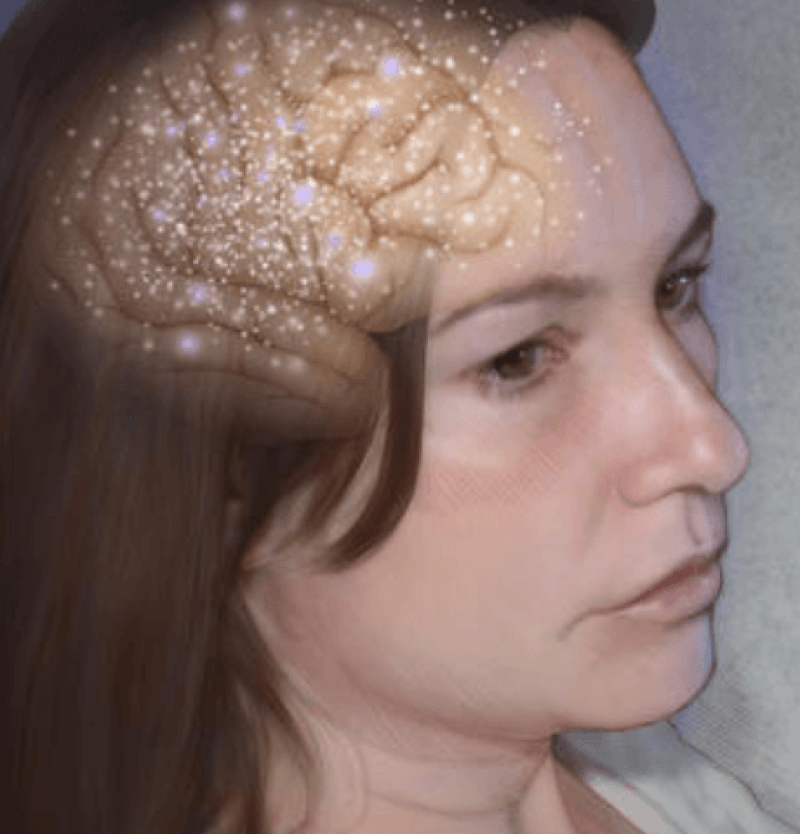In a key advance for the study of depression, a comprehensive scan of human DNA has turned up the apparent hiding places of more than a dozen genes linked to the disorder.
“This is a jumping-off point” for further work to reveal the biological underpinnings of depression, which in turn can guide development of new drugs, said Ashley Winslow, an author of a paper on the work.
Experts said the result is important not only for its specific findings, but also for its demonstration that the study’s approach can help uncover clues to the biology of depression, which is largely a mystery.
Such DNA scans are popular for finding genes that affect risk of diseases, but depression has proven largely resistant to this approach. In a rare and modest success reported last year, researchers turned up two places in the human DNA that appear to harbor genes affecting risk in a Han Chinese population.
“What they’re showing is, we’re on the way” to finding many more genetic links, said Dr. Douglas Levinson of Stanford University, who didn’t participate in the work. “They’ve shown that depression is tractable.”
The GLP aggregated and excerpted this blog/article to reflect the diversity of news, opinion and analysis. Read full, original post: Study points way to finding genes affecting depression risk































